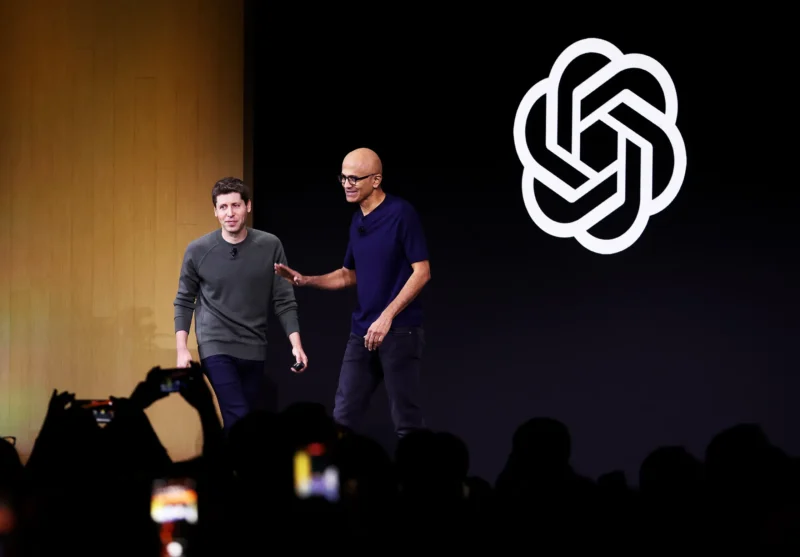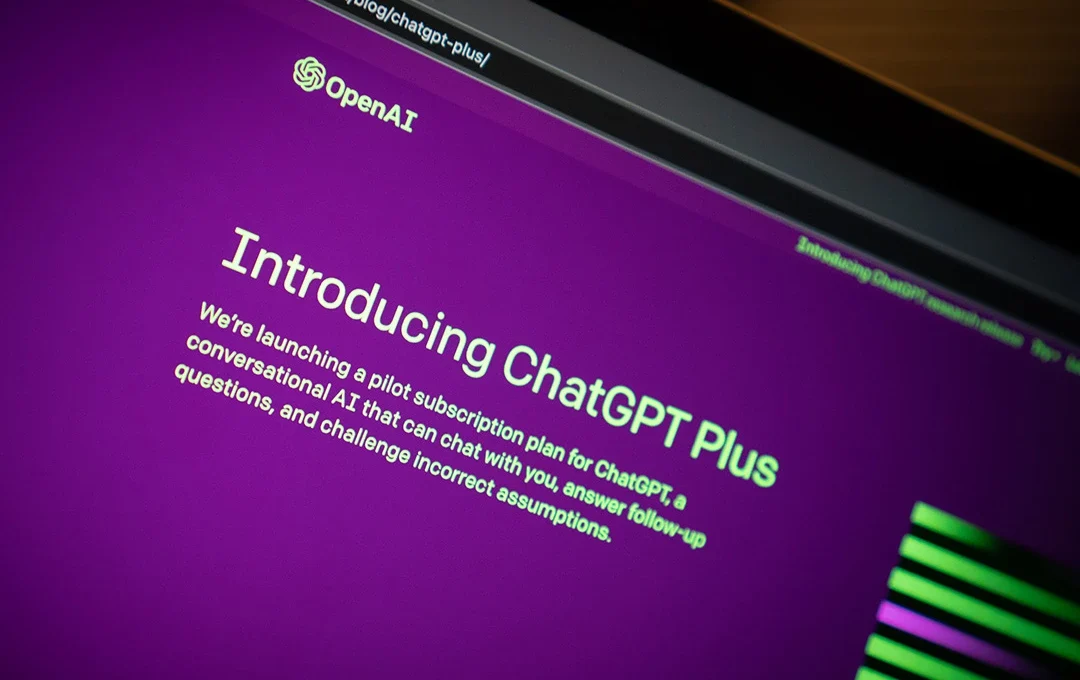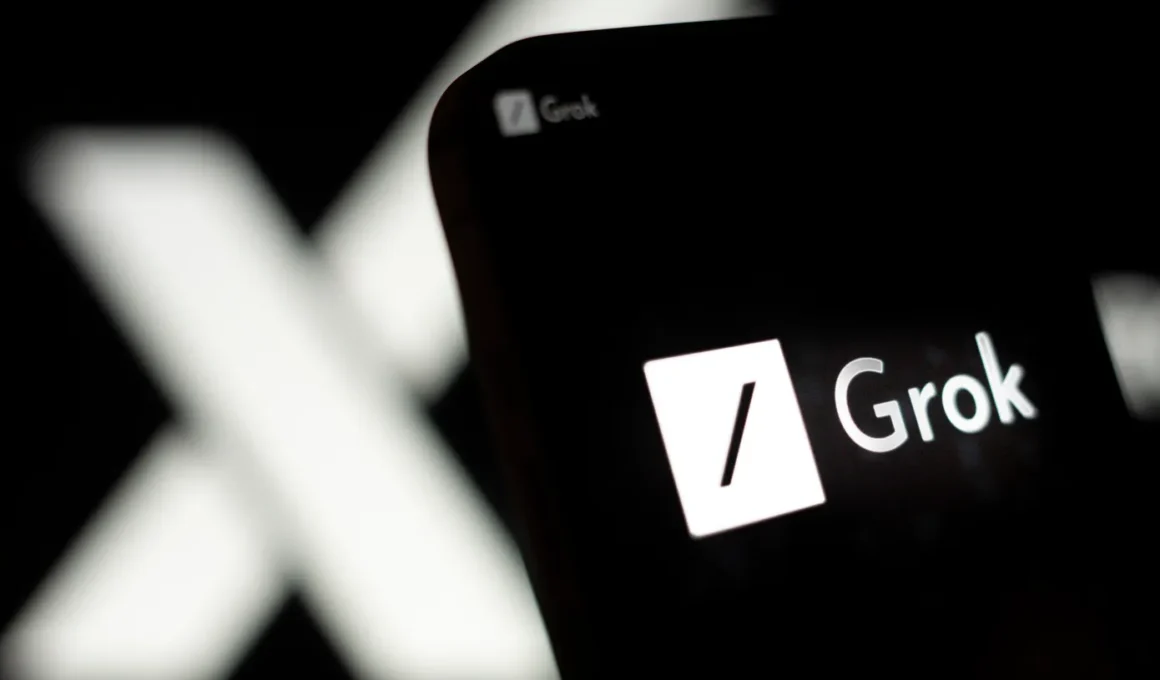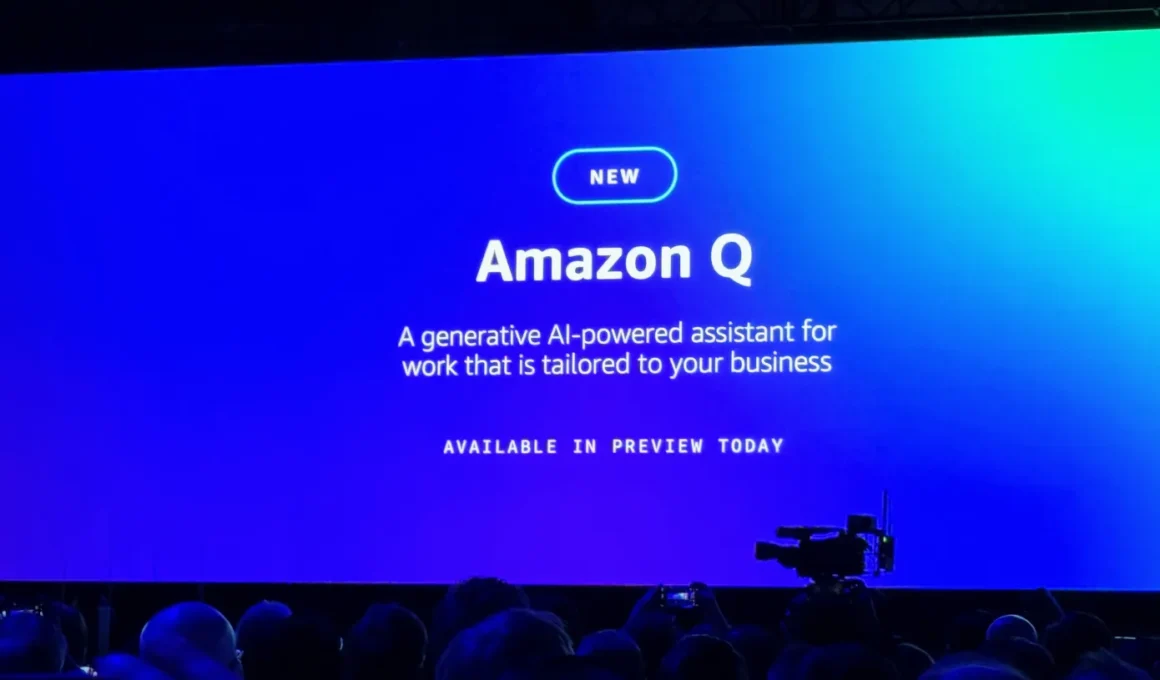Altman’s Return and OpenAI’s Executive Reshuffle
A staff-wide memo released by Sam Altman confirmed his return to OpenAI’s helm, surprising news that goes hand-in-hand with a structural shake-up of the company’s executive suite, including a fresh yet nonvoting chair for their chief investor, Microsoft.
The Leadership Crisis and Staff Reaction
Inside the memo—made public via the OpenAI blog—Altman recounts the turbulent past fortnight, during which the board’s dwindling faith in him as CEO ignited such unrest among staff that nearly all were on the brink of leaving. Altman, however, flipped the script, painting the episode as a testament to the startup’s resilience rather than a period of instability.
Altman wrote, “You stood firm for each other, this company, and our mission.” He went on to commend the team, particularly praising their ability to handle high-stress and uncertain situations with a level head. Considering this is a fundamental trait for those dealing with artificial general intelligence, he showered the team with praise.
Board Dynamics and New Appointments
Once deposed from his position on November 17, Altman’s ejection was chalked down to persistent dishonesty with the board. Notably, OpenAI’s structure obliges the board to commit to its original mission—utilizing AI for the betterment of humanity—rather than being diverted by corporate interests.
The board, at that time, included OpenAI’s chief scientist, Ilya Sutskever, who initially agreed with booting Altman out. However, a sudden change of heart led Sutskever to align with the frustrated staff, demanding Altman’s return.
Responses and Reactions to the Shake-Up
Regardless of the tumultuous events, Altman bears no grudge. Clearing the air about Sutskever’s future position, he writes, “I love and respect Ilya…and harbor zero ill will towards him.” He went on to express hope of keeping their professional relationship intact at OpenAI, but it is clear Sutskever will not return to the board.
Altman’s communication also confirmed the formation of a new, all-male panel including Larry Summers, ex-Treasury Secretary; Adam D’Angelo, Quora CEO; and Bret Taylor, former Salesforce co-CEO—with the latter slated to take the reins as the chair. Notably, D’Angelo is the only remnant from the previous board.
Former board members Helen Toner, currently a director at think tank CSET, and entrepreneur Tasha McCauley have both resigned. During the New York Times DealBook summit, Elon Musk, OpenAI’s co-founder, aired his mixed feelings about Altman and expressed confusion over Sutskever’s decision to dismiss him.
In a post verifying her resignation, Toner clarified that the decision to oust Altman had nothing to do with AI safety but more about effective company supervision—her primary role and responsibility. She ruled out the speculation about impeding OpenAI’s work as motivation for the board shakeup.
Microsoft’s Expanding Influence and OpenAI’s Future Direction
Indeed, a critique of OpenAI’s AI safety approach by Toner reportedly strained ties between Altman and the board. Despite the events leading to his return, Toner confirmed an investigation would indeed take place.
Meanwhile, Microsoft’s induction into the OpenAI board aligns with CEO Satya Nadella’s declarations, in which he voiced his displeasure over the handling of Altman’s dismissal. During a podcast appearance last week, while Altman was negotiating his comeback, Nadella resolved firmly to avoid similar surprises in the future.
Fractioned into 11 pages, OpenAI Inc.’s bylaws, drafted in 2016, endow board members with the sole right to elect and discharge fellow directors and decide the board size. However, advisory committees can be formed, including non-directors, and provide recommendations under the board’s final authority.
With its position on the board, Microsoft is set to gain considerable visibility and sway over future board decisions at OpenAI. Having initially invested $1 billion in OpenAI in 2019, Microsoft pledged a whopping $13 billion upon the release of the AI model ChatGPT, integrating OpenAI technology into its Bing search engine and the Copilot AI assistant into its suite of productivity tools.
Altman’s memo outlined OpenAI’s current focus—board expansion, improving product deployment, and progressing research—while boosting their full-stack safety efforts.




